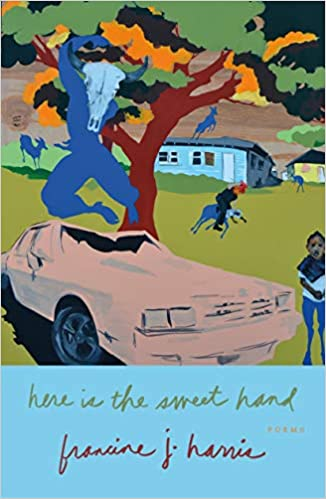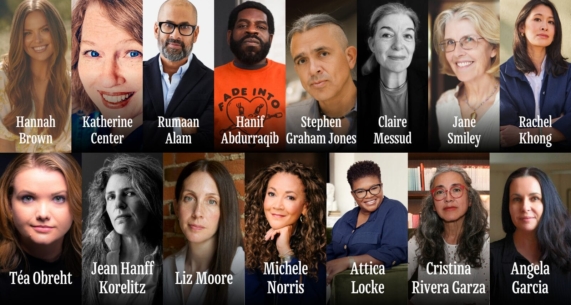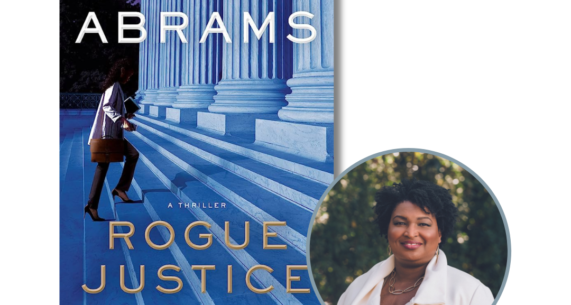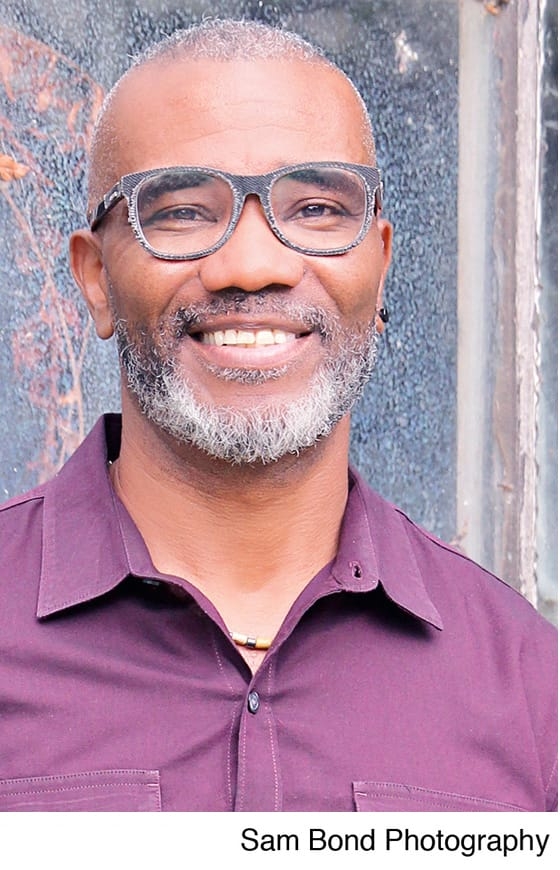Writing this, I returned to the perennial question: Why poetry? It’s been asked and answered many times by many remarkable poets, but for this post, my mind returned to: Why poetry?
There’s the easy answer: We want to recommend a wide swath of genres, and I happen to be the resident poetry devotee. But that reads reductive.
Why poetry?
Like my favorite moments in stories, I carry poetry with me everywhere. Sometimes physically, like the slim volume resting in my backpack, but usually in my thoughts. Lines bounce around my head as I walk to get the mail. A metaphor-laden image surfaces as I’m washing the dishes. This happens to me so frequently because poetry is often charged with condensing the infinite into a moment.
These books of poetry, all from 2020, illuminate a number of different avenues of Black life. Some investigate generational tragedies, while others celebrate contemporary joys; regardless of the ideas they explore, these books share a common electrifying, stick-with-you quality. I hope you read them and take them with you everywhere.
francine j. harris’ Here is the Sweet Hand
In Here is the Sweet Hand, francine j. harris adeptly experiments with language and image to create a collection that feels rich in evocative ideas and speech. One of the things I most appreciate about this collection is its confident comfort in being in dialogue with writers such as Toni Morrison and hip-hop artists like Ty Dolla $ign.
Nate Marshall’s Finna
I’ll defer to Eve L. Ewing’s, author of Electric Arches and 1919, excellent recommendation here:
“My original blurb was ‘this book decent,’ but I was told that the editor wouldn’t go for that so I am going to tell you instead that this book catalyzes a necessary conversation about Black language practices, culture, ownership, and belonging, and the commodification of Black people’s tongues. . . . So, like I said, this book decent.”
Justin Phillip Reed’s The Malevolent Volume
Justin Phillip Reed’s The Malevolent Volume pulls from some of my favorite worlds of reference (mythology and horror films) to investigate darkness as an aesthetic. Formally inventive and captivating in its deployment of monstrous syntax, this book forces the reader to stop and listen.
Kiki Petrosino’s White Blood: A Lyric of Virginia
From the publisher, Sarabande Books:
In her fourth full-length book, Kiki Petrosino turns her gaze to Virginia, where she digs into her genealogical and intellectual roots, while contemplating the knotty legacies of slavery and discrimination in the Upper South. From a stunning double crown sonnet, to erasure poetry contained within DNA testing results, the poems in this collection are as wide-ranging in form as they are bountiful in wordplay and truth. In her poem ‘The Shop at Monticello,’ she writes: ‘I’m a black body in this Commonwealth, which turned black bodies/ into money. Now, I have money to spend on little trinkets to remind me/ of this fact. I’m a money machine & my body constitutes the common wealth.’ Speaking to history, loss, and injustice with wisdom, innovation, and a scientific determination to find the poetic truth, White Blood plants Petrosino’s name ever more firmly in the contemporary canon.
Danez Smith’s Homie
I love this book — a book that is so full of tenderness, kindness, and well, love. This is a book that is ambitious in its form, to be sure, but it is also wide-reaching in heart. So often joy and intimacy can feel fleeting and rare, but in their search to capture kinship on the page, Danez Smith has created a wonderful celebration of friendship and chosen family.










